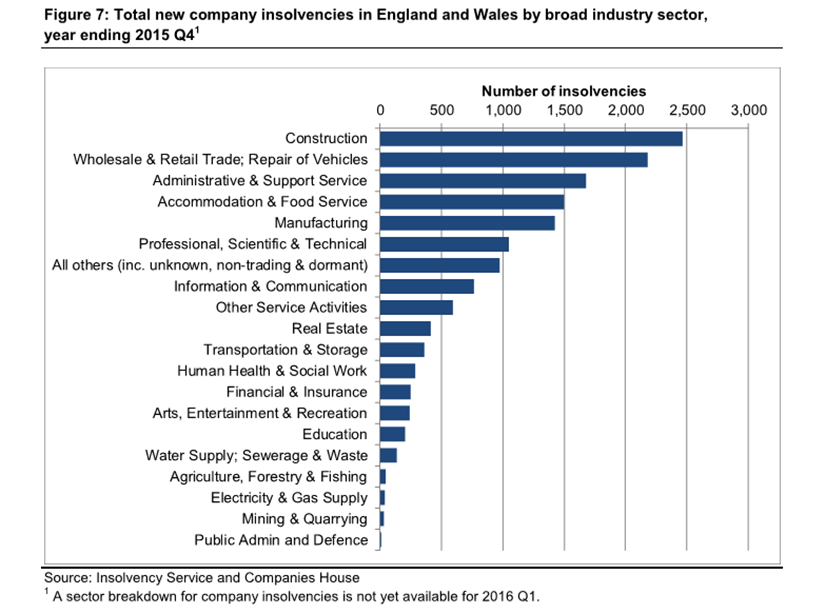This post may be a little adverse to my other posts, yet no matter how ‘blue sky’ utilising the Blockchain in construction may seem it is hard to deny the potential it holds to revolutionise.
I’ve always been a bit Fox Moulder when it comes to BIM. I want to believe in its potential but the notion of trust, collaboration, accountability and mutual reward is hard to visualise on construction projects. Then I discovered the Blockchain…

Inherent in the Construction industry is adversarial behaviour, disputes, claims and litigation. Building Information Modelling is billed as the means to eradicating silo mentalities and archetypal behaviours.
Disputes are an integral part of the construction industry and have a very long history. The Code of Hammurabi, a Babylonian law code dating from the eighteenth century BC, contains a series of provisions dealing specifically with construction disputes and includes some rather severe penalties for builders found to be negligent, namely death! [1]
In 2009 the Housing Grants, Construction and Regeneration Act 1996 was replaced with Local Democracy, Economic Development and Construction Act 2009 (Termed the Construction Act old and new) in an aid to improve existing payment mechanisms and avoid insolvencies.
Though integrated Project Insurance[2] promises to address the risk associated with construction through a shared joint insurance policy which theoretically reduces cost and breeds mutual trust and collaboration, within the Construction Industry payment is still a huge problem;

What is Blockchain?
The Blockchain is a data base of all transactions across a peer-to-peer network. The Blockchain is seen as the main technological advancement delivered by the development and stable use of Bitcoin because it stands as a “Trust less” proof mechanism of all the transactions on the network, in many ways superior to human verification. The Blockchain allows the disintermediation of all transactions of any type between all parties on a global basis. [3] Essentially a Blockchain is a permanent and digitized chain of transactions, grouped together in blocks that cannot be altered, which creates an unchangeable record of every transaction.
…Smart Contracts??
Smart Contracts are computer programs that secure, enforce, and execute the settlement of recorded agreements between people and organizations. As such, they assist in negotiating and defining these agreements.[4] The term ‘smart contracts’ was coined by Nick Szabo back in 1994 when technology such as Blockchain was not available to demonstrate the theory;
A smart contract is a computerized transaction protocol that executes the terms of a contract. The general objectives of smart contract design are to satisfy common contractual conditional (such as payment terms, liens, confidentiality, and even enforcement), minimize the need for trusted intermediaries. Related economic goals include lowering fraud loss, arbitration and enforcement costs, and other transaction costs.[5]
…how do they apply to the construction industry???
The potential use of smart contracts in construction is underlined by Helder Cardeira in his white paper entitled ‘The advantages of using a web payment platform in the construction industry based on smart contracts and crypto currencies’. It is explained simply that, when A pays B, instructions can be embedded in the transaction so that a specific sum follows through to pay C. B has no other option than to pay C, as the funds will not be available unless the instructions are fulfilled. The diagram below details this function applied to a construction project [6]

The paper also suggests that cost savings will accrue from supply chain members not having to chase payment or having to finance lengthy credit periods. Smart contracts it is suggested could eliminate payment disputes and concentrate the project team on the end goal. [7]
I am studying MSc BIM and Integrated Design at the University of Salford, and I am currently conducting a research on “BIM, Collaboration and Smart Contracts”. I would like to invite you to participate in my research by filling in a quick, online questionnaire (about 5-10min). The purpose of this research is to investigate the practical application of smart contracts and their capability to facilitate collaborative working processes, allowing BIM to realise its full potential.
Survey Link:
https://kwiksurveys.com/s/eMvYKNYo
Further Info
If you are interested in Blockchain, Tapscott’s book on the Blockchain Revolution is a great start . I also thought I would share a link to the presentation he made recently to a group of Google employees;
Alex Tapscott: “Blockchain Revolution” | Talks at Google – YouTube
[1] Johns, Claude Hermann Walter – Babylonian and Assyrian Laws, Contracts, and Letters. Vol6 , 1904, London, The law book exchange
[2] Constructing Excellence. (2015, 12). Trial Projects-Dudley College Advance II – Case Study Final. Retrieved 07 2016, 22, from http://constructingexcellence.org.uk: http://constructingexcellence.org.uk/wp-content/uploads/2015/12/Trial-Projects-Dudley-College-Advance-II-Case-Study_Final.pdf
[3] Swan, M. (2015). Blockchain – Blueprint for a new economy. California: O’Reilly.
[4] Tapscott, D. T. (2016). BLOCKCHAIN REVOLUTION – How the technology behind Bitcoin is changing money, business and the World. California: Portfolio Penguin.
[5] Szabo, N. (1994). Retrieved 07 16, 21, from http://szabo.best.vwh.net: http://szabo.best.vwh.net/smart.contracts.html.
[6] Cardeira, The advantages of using a web payment platform in the construction industry based on smart contracts and cryptocurrencies, 2012
[7] Cardeira, The advantages of using a web payment platform in the construction industry based on smart contracts and cryptocurrencies, 2012
I’m following this thread. If the author reads this, can we discuss this further? The moment I’ve read blockchain, I know that it will revolutionize many industries, from finance, real estate, to construction industry.
LikeLiked by 1 person
Hi Eugene, please get in touch my email is johnpmcdermott82&gmail.com
Also please could you take the time to complete my survey
LikeLike
Sorry it is of course @gmail.com
LikeLike